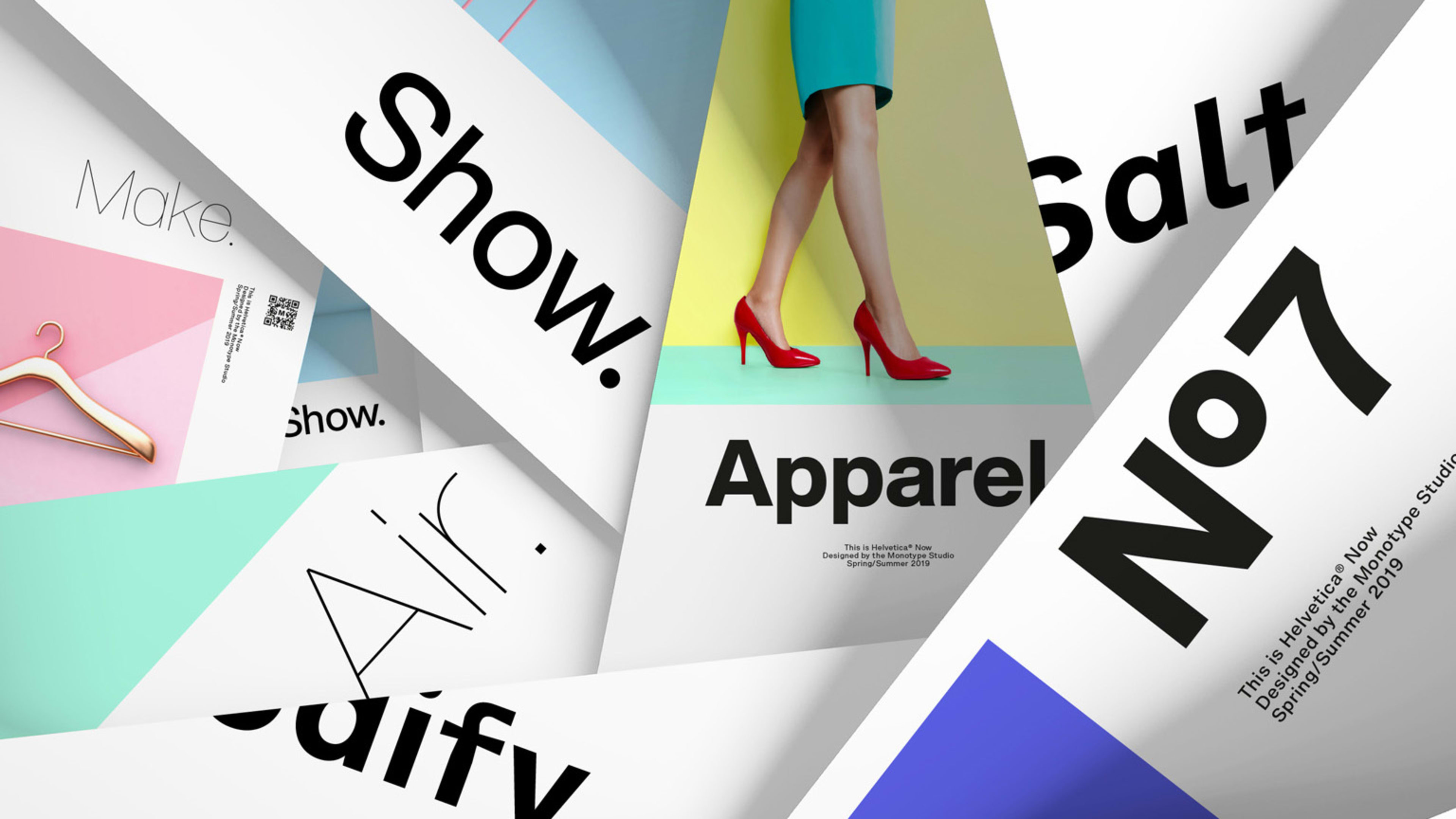Monotype Imaging, the publicly traded type foundry behind some of the world’s most iconic fonts, is being sold. Palo Alto, California-based private equity firm HGGC plans to acquire all Monotype’s stock for $19.85 a share, or about $825 million, and Monotype will no longer be listed on any public exchanges.
It’s the latest, and likely biggest, deal to underscore how digital technology has disrupted the business of design. As brands have embraced digital media, firms that historically practiced classic design disciplines, such as industrial design or graphic design, have had to broaden their scope, offering services like UX and UI, creative consulting, and venture funding (in which designers invest in their clients’ companies) to thrive. In many instances, prominent independent firms have sold stakes to, or been acquired by, larger companies.
Monotype is no exception. Though the 132-year-old, Woburn, Mass., company commissioned many of history’s most recognizable fonts—Gill Sans, Arial, and Times New Roman, to name a few—and owns and distributes licenses to more than 10,000 typefaces, it has struggled to adapt at a time when countless fonts are available online for free. In recent years, Monotype has positioned itself as a technology company and formed strategic partnerships to expand its reach: It launched a cloud-connected platform for brands to share fonts and worked with Google to develop Noto, a family of open-source typefaces for every language on earth. Just this April, it released Helvetica Now, an ambitious update of the iconic font that’s designed to be legible across diverse contexts, from 1.5-inch watch screens to interactive billboards. But Monotype’s stock has stagnated, reaching a high of $33 a share in 2015, then dipping to just over $15 a share in January of this year.
“As a private company, we will have the financial support and added flexibility to invest in ways that deliver more value and improve the overall experience for our customers,” Monotype president and CEO Scott Landers said of the sale in a statement. “This transaction is a testament to our talented employees and their dedication to serving our customers, and we look forward to partnering with HGGC as we continue helping customers maximize their customer engagement in today’s digital, mobile, and global landscape.”
Private equity firms often use controversial methods to generate profits (Massachusetts senator and presidential candidate Elizabeth Warren introduced a bill this month to rein them in). With design companies especially, there can be an inherent culture clash between private equity’s spreadsheet-driven quest to “make as much money as possible” and the unstructured methods of creative inspiration. The prestigious design firm Frog sold to a private equity firm more than a decade ago and, some would argue, never recaptured its mojo. (Frog is now owned by the French consulting company Altran.) What the future holds for Monotype remains to be seen, but it’s safe to say that its days of inventing best-selling metal fonts are long gone.
Recognize your brand’s excellence by applying to this year’s Brands That Matter Awards before the early-rate deadline, May 3.
